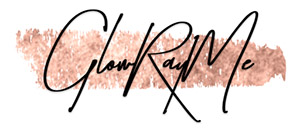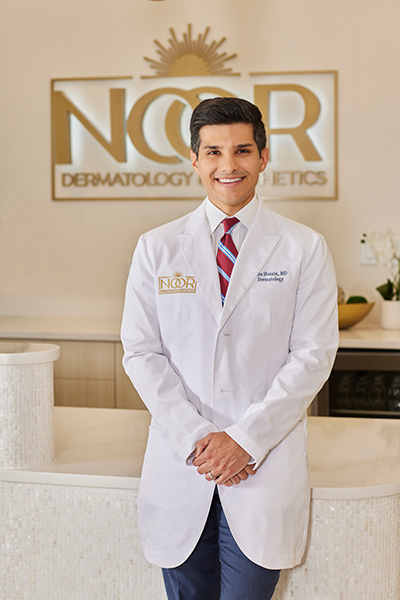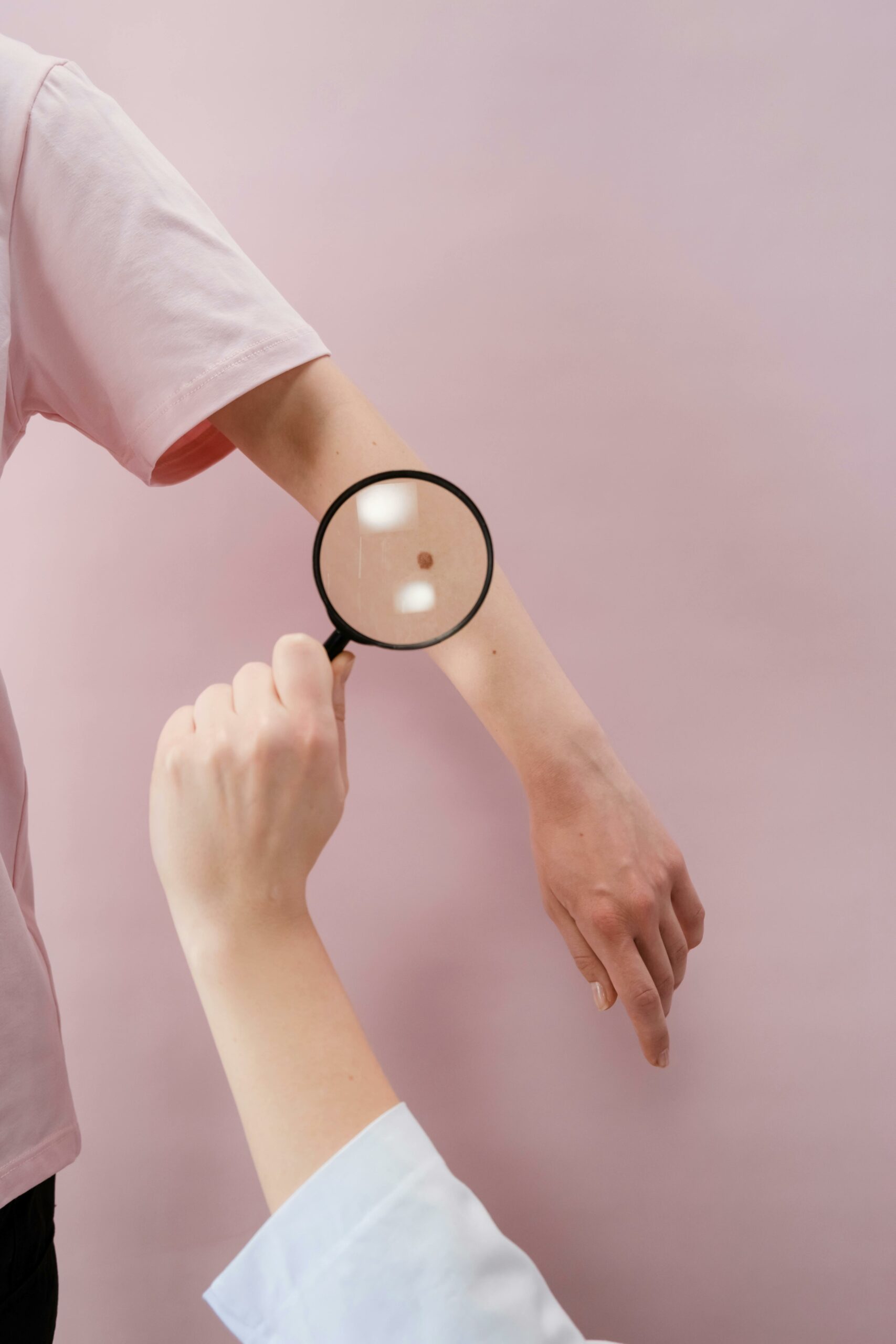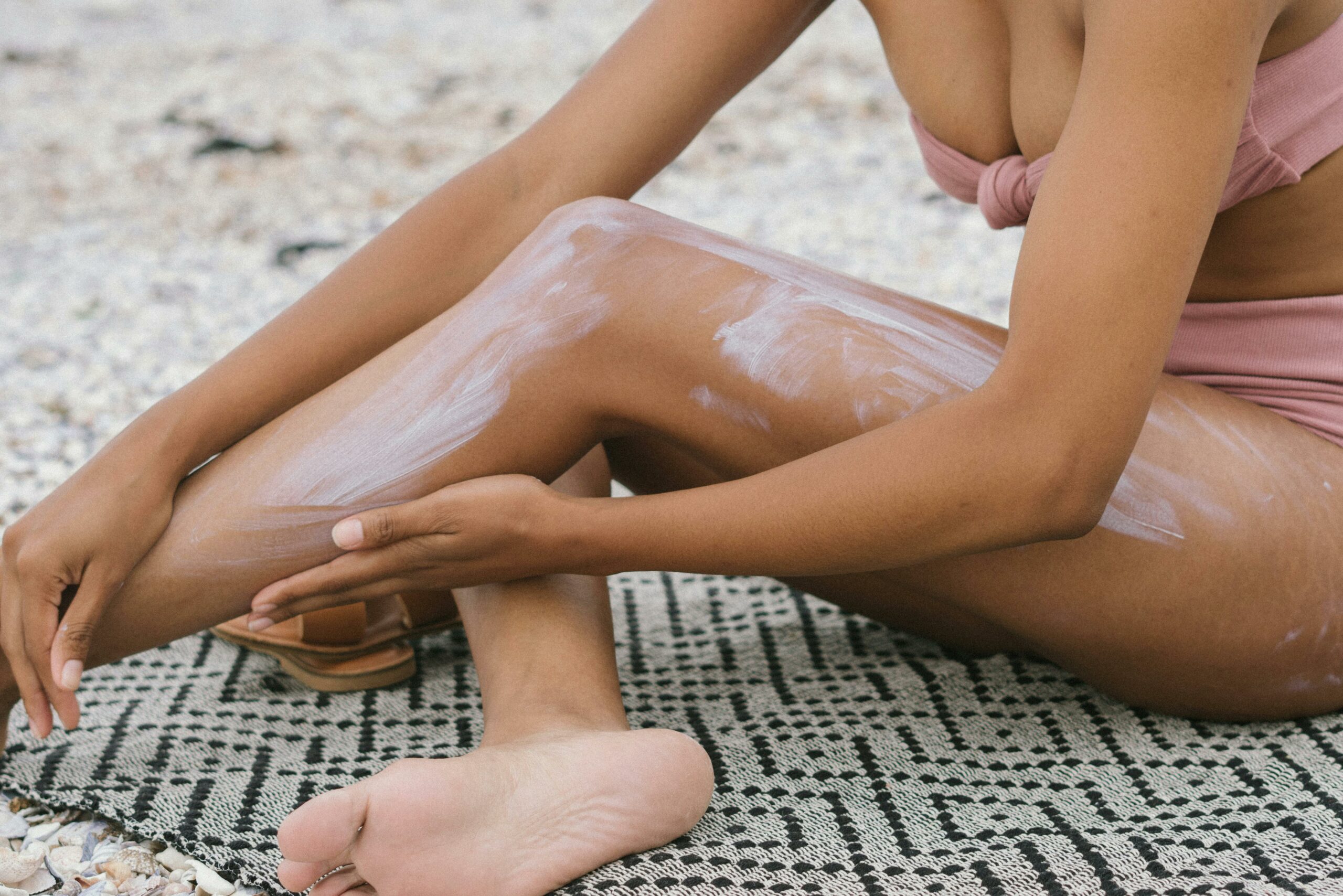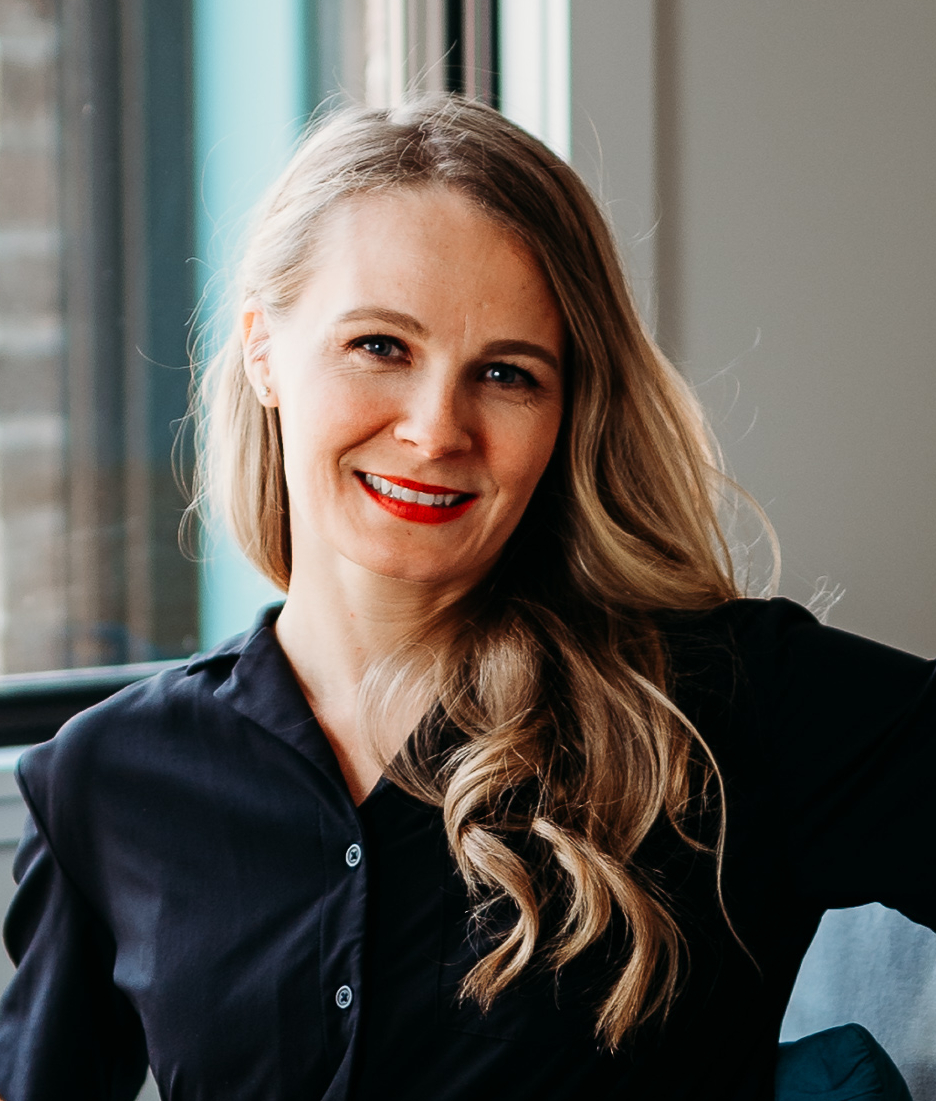Unveiling the Truth About Skin Cancer
Exclusive Insights with Dr. Zain Husain, MD
Dr. Zain Husain, MD, FAAD, FACMS is a dual board-certified dermatologist and fellowship-trained Mohs micrographic surgeon with advanced expertise in cosmetic dermatology. He began his medical education in the highly selective 7-year BS/MD program at Rutgers New Jersey Medical School, graduating with top academic honors and induction into the Alpha Omega Alpha Honor Medical Society.
He completed his dermatology residency at Georgetown University Hospital in Washington, DC, where he served as chief resident. Dr. Husain then pursued a rigorous dual fellowship in Mohs Micrographic Surgery and cosmetic dermatology at Montefiore Medical Center, Albert Einstein College of Medicine in New York. His fellowship training included advanced surgical techniques for skin cancer treatment and reconstruction, along with extensive experience in cosmetic procedures such as injectables, body contouring, and laser surgery.
In addition to his clinical work, Dr. Husain has served as a dermatology instructor at both the George Washington University School of Medicine and Rutgers University. He is committed to patient-centered care—thoroughly evaluating skin conditions, educating patients about their diagnoses, and creating customized treatment plans that align with their goals and concerns.
Dr. Husain continues to contribute to the field through national presentations and published research in peer-reviewed dermatology journals. He is an active member of the American Academy of Dermatology (AAD), the American College of Mohs Surgery (ACMS), and the American Society for Dermatologic Surgery (ASDS).
Understanding Skin Cancer
Interview with Dr. Zain Husain
In-Depth Q&A Session
Q1: From your experience, what are the most common misconceptions people have about skin cancer and sun protection.
A1. One of the most persistent misconceptions is that skin cancer only affects people with fair skin. While individuals with lighter skin are at higher risk, I see skin cancer in patients of all skin tones. Another misconception is that sunscreen is only necessary during the summer or on sunny days. UV radiation, particularly UVA, is present year-round and penetrates clouds and windows. Additionally, many patients believe that if they tan easily or don’t burn, they’re safe—when in fact, tanning itself is a sign of DNA damage to the skin.
Q2: At what age should people start getting annual skin checks, and what should they expect during a skin cancer screening?
A2: Generally, I recommend that individuals begin annual skin checks in their 20s, or earlier if they have risk factors such as a personal or family history of skin cancer, numerous moles, or significant sun exposure or burns during childhood. During a screening, I examine the skin from head to toe, using dermoscopy to evaluate any suspicious moles or lesions. It’s a straightforward, non-invasive exam that typically takes 10–20 minutes. I always encourage patients to point out any spots that concern them—we’re partners in early detection.
Q3: Are there certain warning signs or changes in the skin that people often overlook but should always get checked out?
A3:Yes, and early recognition can be lifesaving. People often overlook subtle changes like a mole that’s slowly growing or a small pink or pearly bump that bleeds easily. A sore that doesn’t heal, new pigmentation, or even persistent itching in a mole can be signs of skin cancer. The ABCDEs of melanoma—Asymmetry, Border irregularity, Color variation, Diameter larger than 6mm, and Evolution—are important, but any new or changing lesion warrants professional evaluation.
Q4. What are your top recommendations for choosing the most effective sunscreen and how should people really be using it day-to-day?
A4: Choose a broad-spectrum sunscreen that protects against both UVA and UVB, with SPF 30 or higher. I often recommend mineral-based formulas containing zinc oxide or titanium dioxide—they’re well-tolerated, effective, and start working immediately. Daily use is essential, even on cloudy days or when indoors near windows. Apply about a shot glass (1 ounce) to the body and a nickel-sized amount to the face, and reapply every two hours or after swimming or sweating. Incorporating it into your morning routine—like brushing your teeth—makes it second nature.
Q5: How has the rise in popularity of sunless tanning products (like self-tanning lotions and spray tans) impacted your practice and skin cancer rates, if at all?
A5:The growing popularity of sunless tanning has helped reduce the appeal of tanning beds, which is a positive shift. While self-tanners don’t offer UV protection, they’re a much safer way to achieve a bronzed look. I do remind patients that these products can give a false sense of security, so sunscreen is still necessary. We’ve made some progress in reducing tanning bed use among younger populations, but public education remains critical.
Q6: How do you personally protect your own skin during summer activities or vacations? Any favorite products or tips?
A6:I take a comprehensive approach. I wear UPF-rated clothing, a wide-brimmed hat, and sunglasses with UV protection. I rely on a high-SPF mineral sunscreen—usually SPF 50—on exposed areas, and reapply every two hours. I keep a tinted sunscreen in my bag for reapplication on the face, and I use SPF lip balm regularly. One of my favorite tips is to plan outdoor activities early in the morning or later in the afternoon, avoiding the peak UV hours between 10 a.m. and 4 p.m. Small habits like these go a long way in protecting your skin over time.
Top Skincare Products for Skin Cancer Prevention
Broad-Spectrum Sunscreen SPF 50
Antioxidant-Rich Serum
Moisturizing Lip Balm with SPF
UV-Blocking Sunglasses
Protective Wide-Brim Hat
Vitamin C Infused Moisturizer
Reef-Safe Mineral Sunscreen
Lightweight Daily Facial Lotion
Hydrating After-Sun Gel
Skin Repair Cream with Aloe
Daily Use UV Protection Gloves
Soothing Green Tea Mist
Non-Greasy Body Sunscreen
Tinted Moisturizer with SPF
Anti-Aging Eye Cream with SPF
Discover My Top Sunscreen Picks
Explore the best sunscreens to keep your skin safe and radiant all year round. Click below to read my latest recommendations!
Neile Cunningham, LE, CMA
Neile Cunningham is a Licensed Aesthetician with over 17 years of experience in skincare, medical aesthetics, and wellness. Based in North Carolina, she’s worked alongside top plastic surgeons and in medspa settings, also serving as a medical assistant—giving her a deep, well-rounded understanding of skin health from the inside out.
Neile is passionate about making quality skincare more accessible, recommending clean, effective products and treatments that truly serve the skin. She believes great skin starts from within and takes a whole-body approach to beauty and wellness.
She writes a successful skincare blog and runs The Sunless Scoop, a fun and informative newsletter blending expert skincare advice with sunless tanning tips and exclusive local beauty and wellness deals. Neile is also the founder of GlowRayMe, a mobile spray tanning service in the Triangle area of NC.
When she’s not helping others glow, Neile enjoys creating art, being outdoors riding her bike, and traveling (and eating!) with her husband and two children.
